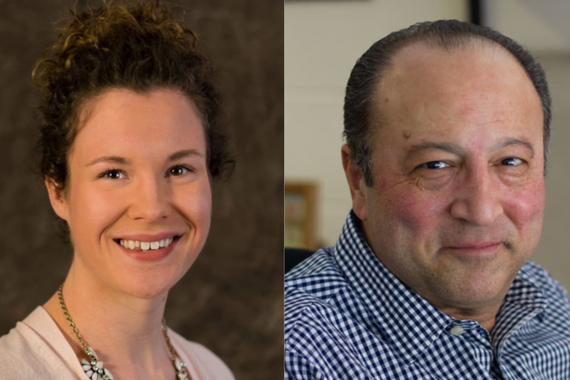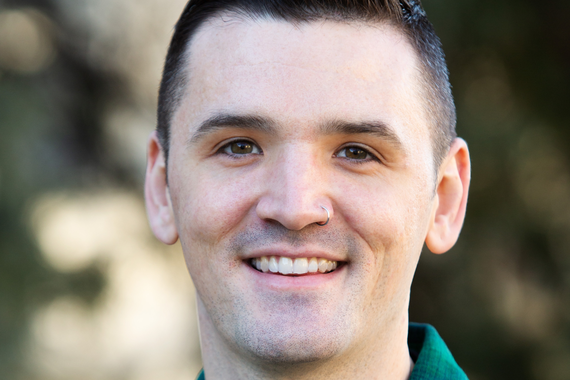Helping students cope with stress during COVID-19
Patricia Frazier’s, PhD, research could not be more timely. This spring, Frazier, in collaboration with fellow counseling psychologists (and former PhD students!) Drs. Liza Meredith (UMN - Twin Cities) and Viann Nguyen-Feng (UM - Duluth), adapted a previously developed online intervention (Frazier et al., 2015; Hintz, Frazier, & Meredith, 2015; Meredith & Frazier, 2019; Nguyen-Feng et al., 2015, 2016, 2017, 2019) to evaluate its effectiveness in helping students cope with stress in the context of the COVID-19 pandemic.
Students in psychology courses were offered extra credit to complete a stress management study and nearly 400 students signed up. They were first asked to complete a pre-test survey to identify their COVID-related stressors as well as their general levels of perceived stress, boredom, and symptoms of depression and anxiety. In terms of COVID-related stressors, students gave the highest ratings to questions about missing their friends, transitioning to all online classes, the uncertainty around COVID, and feeling less motivated.
The students who completed the pre-test survey were randomly assigned to one of two groups: (1) Control What You Can, which encouraged students to focus on the things they can control rather than those they y cannot, and (2) Center for Disease Control (CDC) Stress Management Recommendations, in which students completed surveys to assess the extent that they followed recommendations from the CDC to cope with COVID-related stress. Both of these programs were created in Canvas, the learning management program for the University. Students were given regular deadlines and reminders to complete study tasks. Students in the Control What You Can group watched videos and completed brief experiential exercises in which they applied the skills in the video to their lives. Frazier and her colleagues hypothesized that both sets of exercises would be effective, but that the Control What You Can condition would be more so.
The results supported their hypothesis. As predicted, students in the Control What You Can group reported greater improvements than those in the CDC Stress Management Recommendations group, with large decreases in COVID-related stress. Although neither group experienced reductions in anxiety, on average students in both conditions experienced significant decreases in boredom, general stress, COVID-19-related stress, and symptoms of depression.
As we proceed in this “new normal”, Drs. Frazier, Meredith, and Nguyen-Feng’s research gives us a path forward to help students better cope with stress. An effective intervention such as this could improve our ability to educate by first attending to the mental health and overall well-being of students, something desperately needed during this highly stressful time.
Patricia Frazier, PhD, LP, is the Director of Graduate Studies of the Department of Psychology, a Distinguished McKnight University Professor, and the director of the Stress and Trauma Lab.
Liza Meredith, PhD, LP is a Contract Assistant Professor in the Department of Psychology, Twin Cities campus, and coordinates the Introduction Psychology course each semester.
Viann Nguyen-Feng, PhD, MPH, is an Assistant Professor in the Department of Psychology, Duluth campus, and the director of the Mind-Body Trauma Care Lab.



